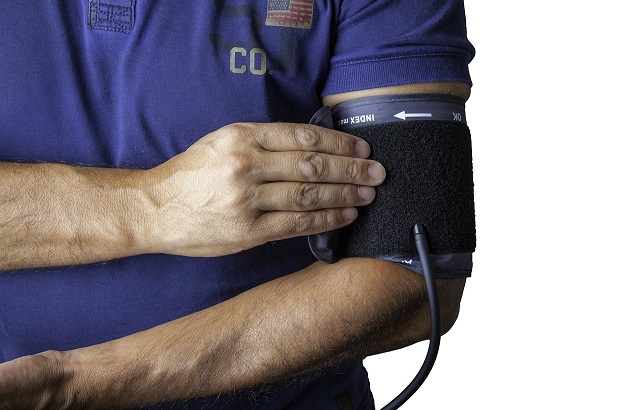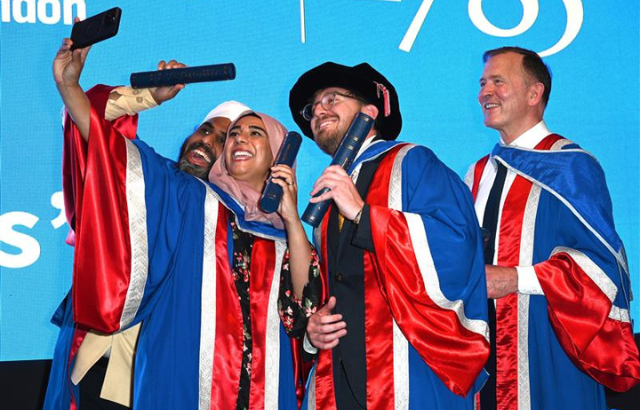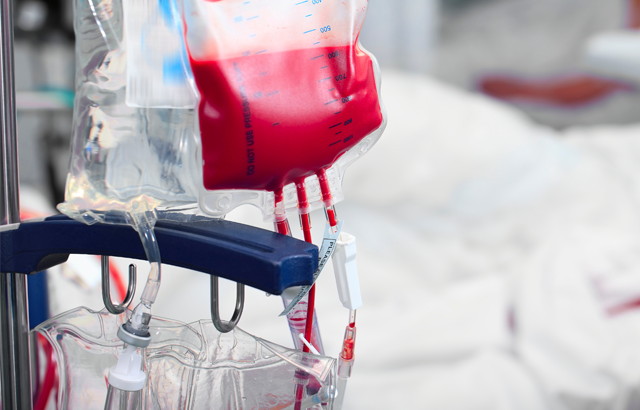UNICEF reports that 47 million children and adolescents have been displaced from their homes in recent years due to war and conflict. As a consequence of the hardships and trauma they experience, these young people often develop significant mental health problems, particularly anxiety and depression. Without access to therapists who can provide appropriate mental health support in the young person’s first language, refugee children and adolescents can struggle with long-term mental health conditions. Digital interventions offer a low-cost, scalable solution to help displaced young people with their urgent mental health needs.
An international group of researchers, led by Professor JR Weisz from Harvard University and colleagues including senior author Professor Dennis Ougrin from Queen Mary University of London, tested a digital mental health intervention with 709 Ukrainian students, aged 10-18, who had been displaced to Poland.
The researchers created a Ukrainian-language version of an evidence-based digital mental health intervention called Project SOLVE. The 30-minute intervention, delivered in schools through mobile devices, teaches problem solving by providing students with strategies for solving everyday problems, such as school stress and interpersonal conflict. Standard measures of the students’ mental health were taken by participants at the start of the trial, and one and four months later.
The results, published today in the inaugural issue of The Lancet Primary Care, found that this brief mental health intervention reduced symptoms of depression and anxiety in displaced young people at one month and four months after the 30-minute intervention.
Professor JR Weisz from Harvard University said: "Children displaced by conflict are at elevated risk of long-term psychological harm, but access to mental health services is often limited or non-existent. In our trial with Ukrainian young people in Poland we found the effects of our 30-minute intervention lasted for four months. Given the need of the population and the promising findings of this trial we would like to continue to explore whether project SOLVE could be useful in other refugee settings.”
Senior author Professor Dennis Ougrin from the Youth Resilience Research Unit in the Centre for Psychiatry and Mental Health at Queen Mary, said: "Project SOLVE shows that even a single, low-cost, scalable intervention delivered through schools and mobile devices can make a difference. The results were clear: those who received the intervention reported lower levels of internalising symptoms—feelings like sadness, worry, and withdrawal—compared to peers in the control group. Among all participants, youth who received Project SOLVE had significantly lower anxiety and depression symptoms after both 1 and 4 months. Among those with high initial distress, benefits were even more striking, with effect sizes nearly doubling.” He went on: “Project SOLVE’s strength lies in its simplicity and accessibility. At a time when millions of displaced young people remain underserved, this research suggests a promising step toward meeting their urgent mental health needs - one mobile device at a time.”
The study also confirmed that Project SOLVE was easily administered in the classroom and with minimal disruption to learning. Participating students gave positive ratings on all seven items of the Program Feedback Scale and indicated that the intervention was viewed as acceptable and useful, and they would recommend it to a friend who needed support.
This study arose from a proposal by the GROW Network, a group of psychiatrists, psychologists, and other mental health professionals convened after the 2022 Russian invasion of Ukraine.
Professor Dennis Ougrin graduated from medical school in Ukraine before coming to the UK. He leads a programme of global mental health studies aimed at developing community mental health services in Ukraine and other low- and middle-income countries. In 2024, he organised a roundtable with Olena Zelenska, the First Lady of Ukraine, and other key stakeholders in the UK and Ukraine to discuss how to address the complex mental health needs of young people.
A commentary on the paper by Elisa Pfeiffer and Dmytro Martsenkovskyi is also published in The Lancet Primary Care today.



